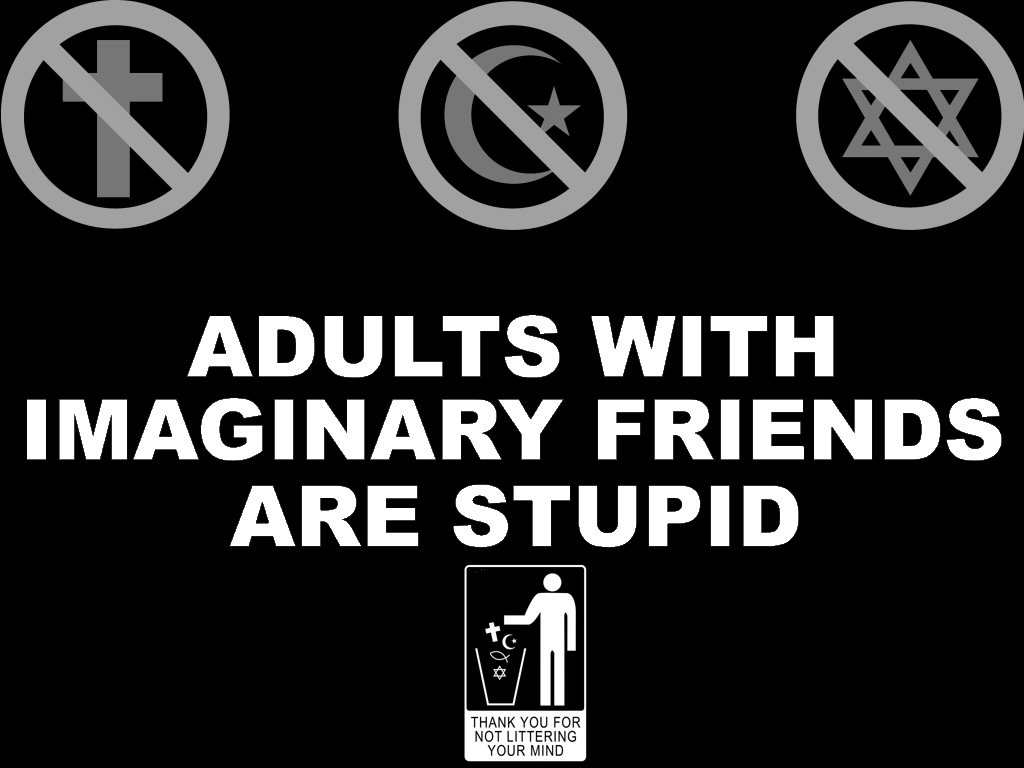The Big 3: Kicking Their Own Asses

Is it just me, or does it seem like the Big 3 execs went down to D.C. without even understanding why they are bleeding money like a victim of a threshing machine accident? Sure, they can build a good luxury car, and some baudacious trucks, but is that what consumers really want? With the way the economy is, can they even afford luxury vehicles? And when gas was at $4+/gallon, wouldn't fuel economy frighten consumers? Sure, gas is comparitavely cheap now, but I doubt it will actually STAY that way.
And the whole time, the Big 3 only did one thing: The SAME thing. It used to be that American industry was adaptable and flexible. Now it's a giant monolith that figures that reality needs to adapt to the company, not the other way around. Sadly, this mode of thought seems to affect not just the industry sector, but many other sectors that are suffering right now, and they can't think of any way to recover. Of course, with Congress handing out money like it was some sort of magic pixie dust, the situation isn't really doing anything to correct itself. If anything, the bailouts only further entrench the old way of doing things as some sort of viable "alternative" to adapting.
If you look at the attached chart, you can see that one thing the US is great at is just accepting no need to improve. The projection for California is there really as a cautionary tale. Even though California wants to impose the more fuel efficient standards, the US Auto Industry is fighting them, saying it will make them non-competitive against other countries. Non-competitive at what? Sucking? Even China has better fuel efficiency goals than California, and the US by far. Who exactly will want to our cars? And whose cars will you want to buy should fuel prices go back up?
Fuel economy aside, the average consumer would like to get some value for their money when they buy a car. Again, in this economy, most can't afford the luxury cars, so we are left looking at an economical vehicle. Have you driven an "economical" US made vehicle lately? I am more reminded of the Yugo than anything else at this point.
I used to be a "Buy American" kind of guy. I really enjoyed my cars, and drove the snot out of them. I didn't just buy a car, I owned it. Lately I can't invest that kind of money into something that doesn't inspire me, let alone function as well as other products on the market. So while the Big 3 execs expect different results from the same actions, I'm adapting, and got myself some fuel efficient cars that hardly ever need to go to the shop. They may not be the classic AMERICAN car, but they are good, solid vehicles that do what I ask of them. Who could really ask for more?



